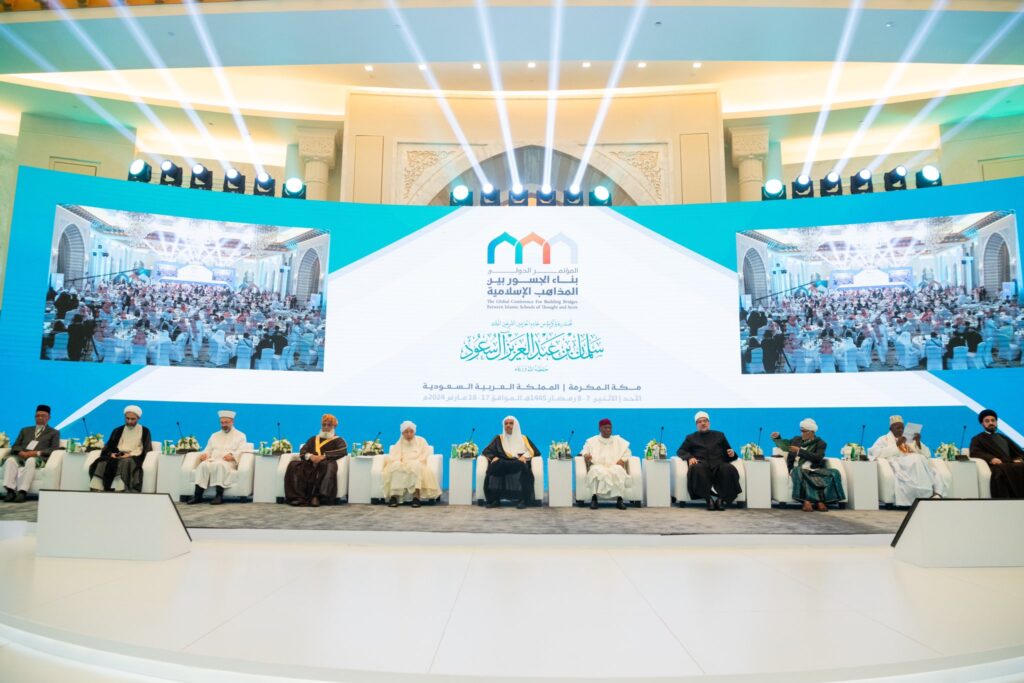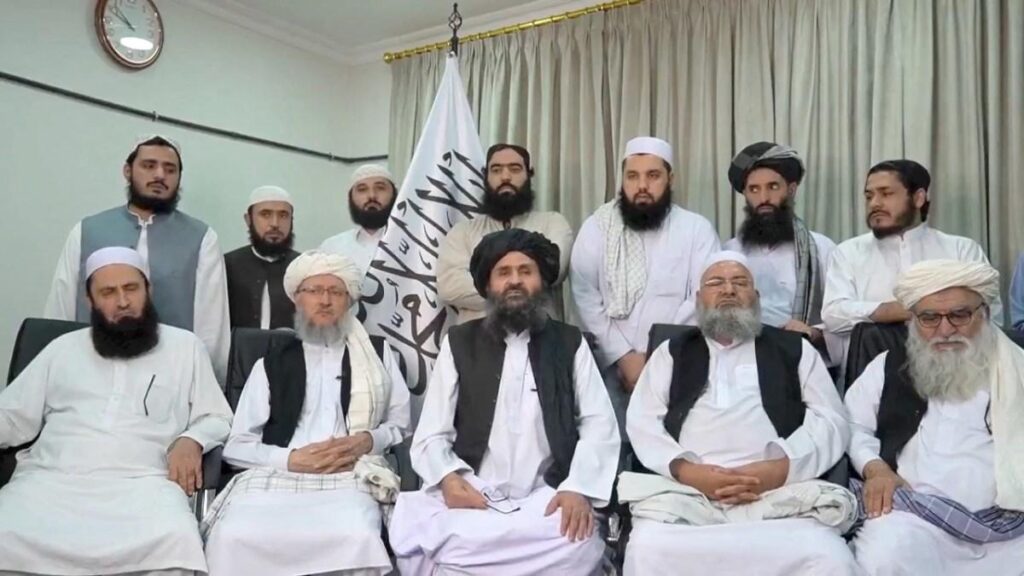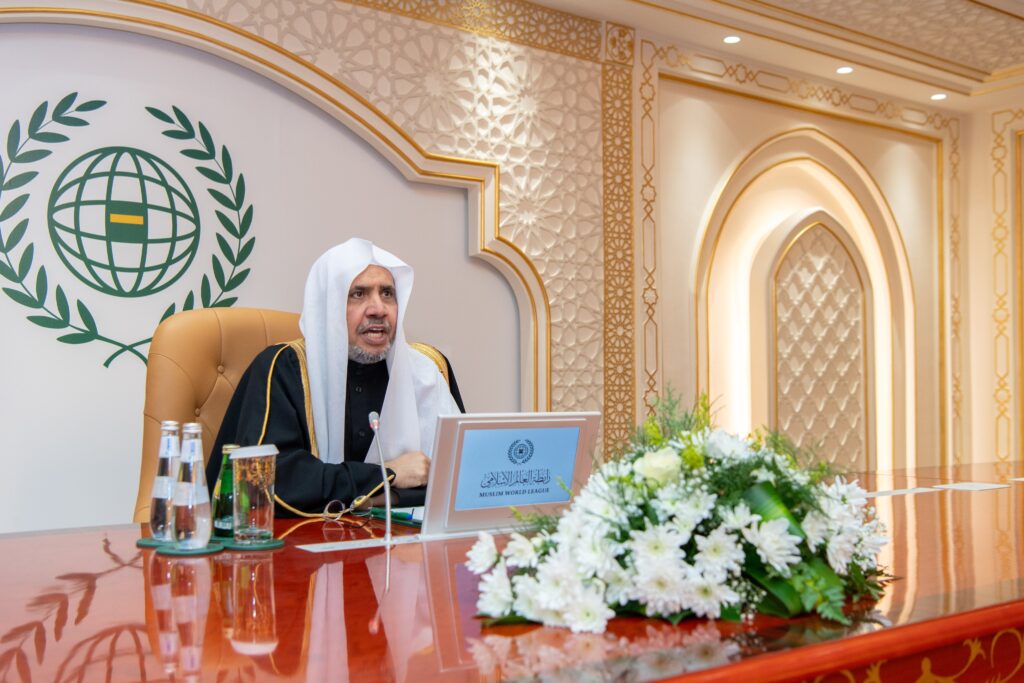Kabul (Kubha News) – In a detailed article on Euro News, Mohammad Al-Issa, Secretary-General of the Muslim World League and President of the Organization of Muslim Scholars, has challenged the decisions of the Taliban and deemed some of their actions contradictory to Islamic principles.
This Islamic scholar stated in his article that the Taliban had no inclination towards engagement with the world from the beginning, but with their decisions contrary to Islamic principles, they are now also losing their trust among Islamic countries and the Muslim world.
He further referred to the gathering of religious scholars in Mecca, Saudi Arabia, last week, in which scholars from around the world, including Afghan scholars, participated, but the Taliban were not invited to it.

The Secretary-General of the Muslim World League considers the Taliban’s decision to keep schools above the sixth grade and universities closed as gender discrimination and emphasizes that education is not a Western value but rather defined by Islamic principles: ” This acute gender apartheid is still apartheid. What they dismiss as malign Western constructs is actually deeply rooted in Islamic teachings, values, and history.”
This Islamic scholar regards the prevention of women from working as contrary to the Sunah of the Prophet Mohammad and emphasizes that in Islam, both men and women have equal rational capacity, and nowhere in the Quran is rationality determined based on gender.
He further criticizes the Taliban’s actions, stating that the word “Talib” has Arabic roots and means seeker of knowledge, but the Taliban have become obstacles to the pursuit of knowledge by others.

The criticism by this Islamic scholar of the Taliban’s governance and their decision regarding girls’ education comes while nearly a hundred days have passed since the closure of schools above the sixth grade and almost six months since the closure of universities to girls.
Although the Taliban government claims that the decision to ban girls from attending school and universities is not permanent and that they will open doors for them by providing a Sharia framework for schools and universities, but there has been no visible progress in this regard so far.
